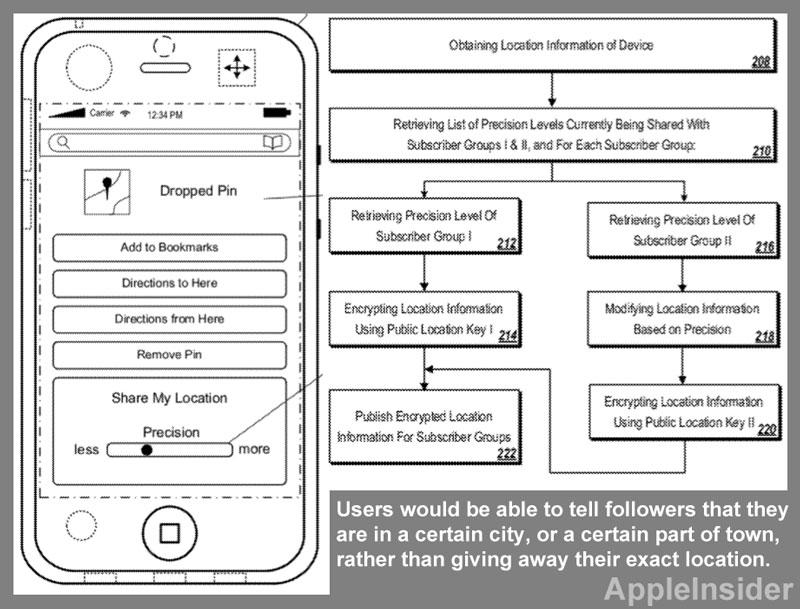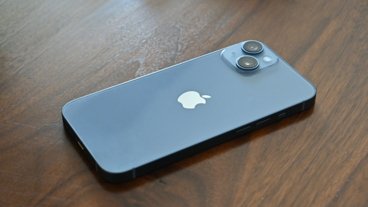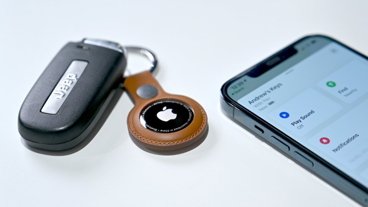Apple may enhance Find My Friends privacy with variable location precision
The concept was revealed this week in a new patent application discovered by AppleInsider entitled "Variable Precision Location Sharing." It describes a system that would allow users to share their location with others, but control specifically how much information is made available.
The Find My Friends application for iOS launched last October, and it allows users to share their location with friends and family and also view where others are located. Users must send a request in order to see a friend's location, and it will then appear on a list or a map.
But the current software takes an all-or-nothing approach to privacy, allowing users to either share their exact location, or hide their location from followers. The concept revealed in Apple's latest proposed invention would instead give users the ability to adjust the level of detail shared with others on a sliding scale.
With this new feature, users would be able to tell followers that they are in a certain city, or a certain part of town, rather than giving away their exact location. This could encourage some Find My Friends users to connect with people they otherwise would not want to share their precise location with.
Apple's proposed system could even allow users to set the precision of location sharing on a case-by-case basis. For example, some friends could be sent the exact address of where a user is currently present, while others would be given a general area or city name.
The Find My Friends enhancement could even implement a feature similar to the "Circles" functionality found on the Google+ social networking site, where certain users are grouped together based on a category, like family, friends or co-workers. Varying levels of location accuracy could be chosen for each of these groups, allowing users to more easily control the data others can obtain.
The application, made public this week by the U.S. Patent and Trademark Office, was first filed in August of 2010. It is credited to Peter Westen.
 Neil Hughes
Neil Hughes











 Andrew Orr
Andrew Orr
 Malcolm Owen
Malcolm Owen

 William Gallagher
William Gallagher

 Mike Wuerthele
Mike Wuerthele
 Christine McKee
Christine McKee








